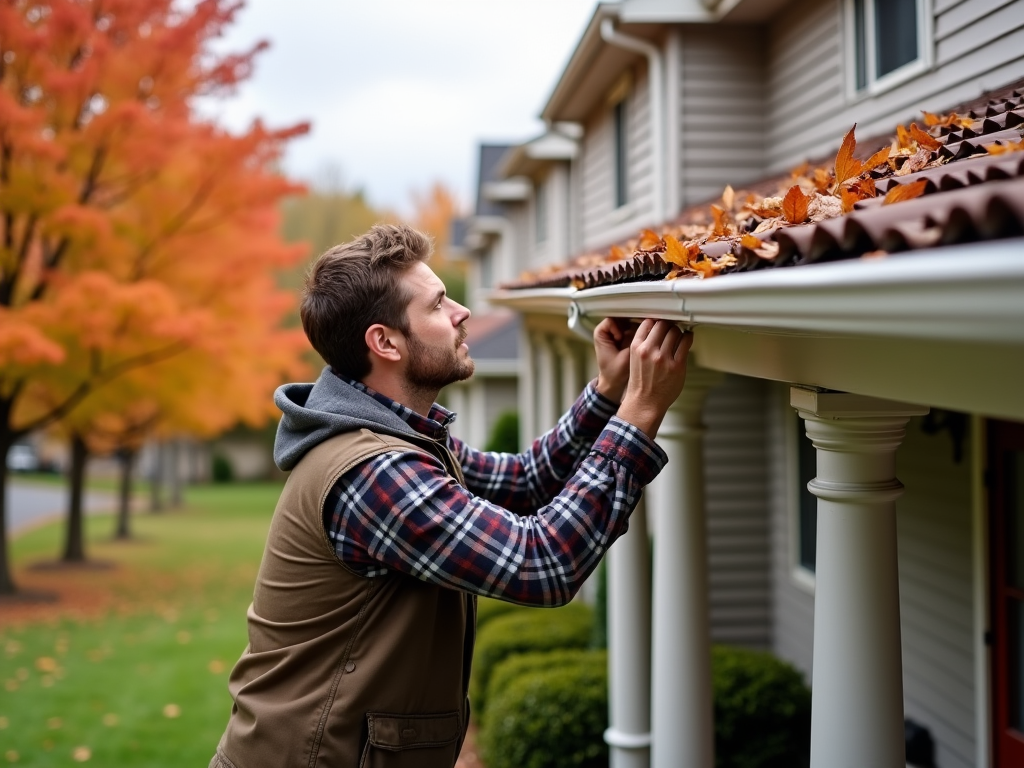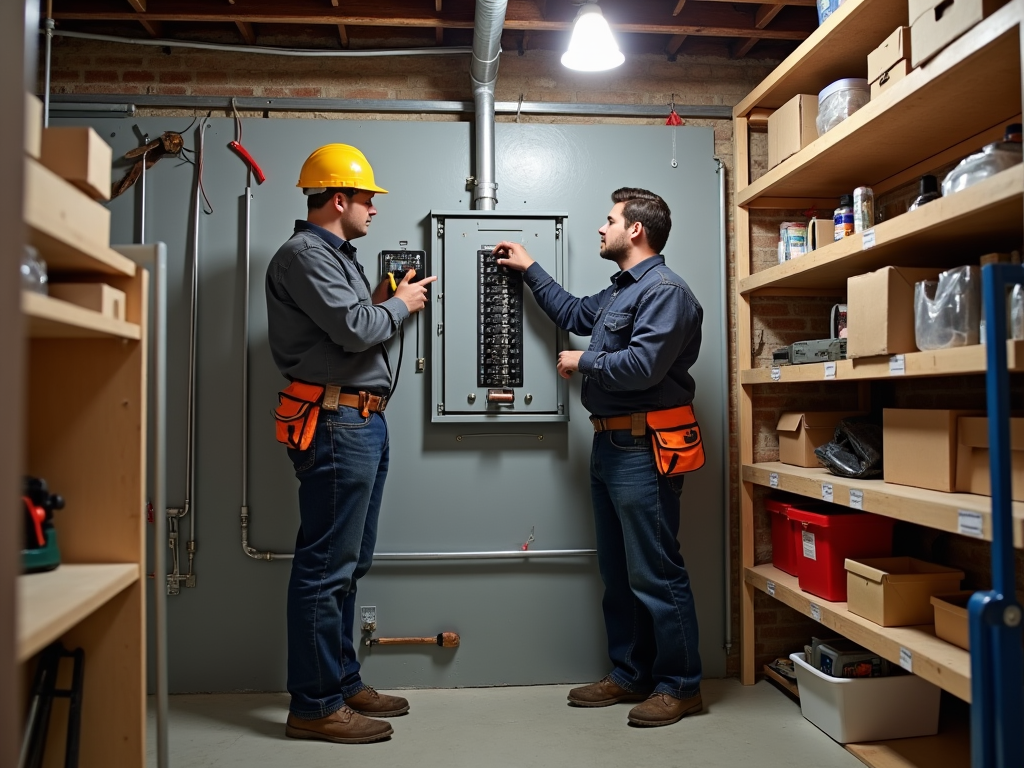Proper home maintenance is the cornerstone of preserving the value and comfort of your abode. Neglecting repairs and routine checks can lead to costly fixes and even decrease the lifespan of your property. In this article, we will delve into key areas of home maintenance that every homeowner should address regularly. With detailed guidance, you’ll be well-equipped to tackle issues before they escalate, ensuring your home remains in top condition year-round.
Understanding the Importance of Home Maintenance

Home maintenance encompasses all activities required to keep your living environment safe and comfortable. From minor repairs to extensive renovations, regular attention prevents small issues from snowballing into significant problems. It reduces the likelihood of unexpected breakdowns, saving you time and money. By understanding its importance, you’re more likely to commit to a maintenance routine, proactively protecting your investment and enhancing your home’s appeal.
Moreover, routine maintenance can improve the energy efficiency of your home. Better-insulated homes can reduce utility bills, as well-insulated walls, roofs, and floors increase energy conservation. By sealing gaps and leaks, homeowners can prevent heat loss in the winter and keep interiors cool during the summer. A well-maintained home also contributes to a healthier living environment by ensuring HVAC systems function correctly and reducing allergens.
Seasonal Home Maintenance Checklist

Adhering to a seasonal home maintenance schedule ensures you tackle tasks methodically throughout the year. Rather than scrambling to fix unforeseen issues, a planned checklist can help you stay ahead. Here’s a numbered list to guide you through the essentials:
- Spring: Clean gutters, inspect roofs for damage, and service HVAC units.
- Summer: Check for signs of pest intrusion, maintain landscaping, and inspect outdoor paint and siding.
- Fall: Clean fireplace and chimney, winterize pipes, and rake leaves.
- Winter: Test smoke and carbon monoxide detectors, inspect insulation, and check for drafts.
Tending to these tasks at the right time not only preserves the structural integrity of your home but also extends its lifespan. For instance, by cleaning gutters in the spring, you prevent water damage caused by clogged debris. Similarly, servicing HVAC units ensures they operate efficiently, providing comfort and longevity to the systems.
Regular Plumbing Inspections
Plumbing is the circulatory system of your home, and a regular inspection can prevent costly repairs and water-related emergencies. Start by checking for leaks in faucets, toilets, and pipes, as even a small drip can lead to significant water waste over time. Additionally, monitor water pressure to ensure it remains within an optimal range. High pressure can stress your pipes, causing them to burst, while low pressure might indicate a blockage.
Ensure that drains are flowing smoothly to prevent clogs. If your water takes too long to disappear, it may be time to clean your pipes or contact a professional. Garbage disposal units should be used as intended to prevent damage. It’s also smart to know the location of your main water shut-off valve for emergencies. By addressing these areas regularly, you protect against potential flooding and water damage, safeguarding your home’s foundation and furnishings.
Another crucial aspect of home maintenance is ensuring the safety and efficiency of your electrical system. Begin by routinely testing circuit breakers and GFCI outlets to confirm they trip properly. Overloaded circuits can pose fire hazards, so it’s important to be cautious with your power consumption. Assess whether extension cords are being used correctly—they should not replace permanent wiring, and using too many hints at the need for more outlets.
Check for frayed wires and outdated lighting fixtures, upgrading where necessary to improve energy efficiency and safety. Ensure that smoke and carbon monoxide detectors operate correctly, replacing batteries as needed. Additionally, if you notice frequent bulb burnouts or sparking from outlets, it’s wise to consult an electrician, as these can indicate deeper issues within the wiring. A functional electrical system not only powers conveniences but also prevents dangerous accidents.
The Value of Professional Help
While DIY fixes offer a sense of accomplishment, some maintenance and repair tasks truly require the expertise of a professional. Trained specialists bring specialized knowledge and tools, ensuring tasks like roofing repairs, electrical work, and extensive plumbing issues are addressed correctly and safely. Investing in professional services for complex issues can prevent improper fixes that lead to further complications.
Professional inspections are invaluable, providing insights into unseen problems. For example, while you may handle visible leaks, a certified plumber can detect hidden issues within walls. Similarly, electricians can identify potential fire hazards that you’d otherwise overlook. Professionals also stay updated with building codes and best practices, ensuring your home adheres to legal standards.
Conclusion
Consistent home maintenance and timely repairs are vital in keeping your residence safe, efficient, and aesthetically pleasing. By following comprehensive seasonal checklists, inspecting crucial systems like plumbing and electrical, and enlisting professional help when necessary, you protect your investment and ensure a cozy, worry-free living environment. A well-maintained home not only enhances your daily comfort but also increases property value in the long run.
Frequently Asked Questions
1. How often should I inspect my roof?
It’s recommended to inspect your roof twice a year, ideally during the spring and fall. Additionally, examine it after significant weather events to ensure there is no damage.
2. What is the lifespan of a water heater?
The average lifespan of a water heater is 8 to 12 years. Regular maintenance can extend its life by addressing sediment buildup and checking for leaks.
3. How can I improve my home’s air quality?
Improve air quality by regularly replacing HVAC filters, ensuring proper ventilation, eliminating sources of allergens, and considering the use of air purifiers.
4. When is it necessary to call a professional electrician?
Call a professional if you notice frequent circuit breaker trips, sparking from outlets, burning smells, or need to install specific electrical features like new lighting or additional outlets.
5. What are signs that my plumbing needs attention?
Signs include persistent leaks, unusual noises in pipes, slow drainage, discolored water, or noticeable drops in water pressure. Timely inspections can prevent major issues.